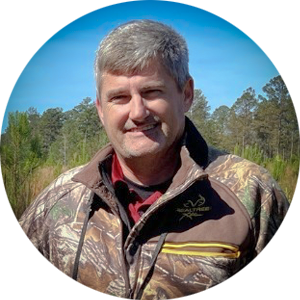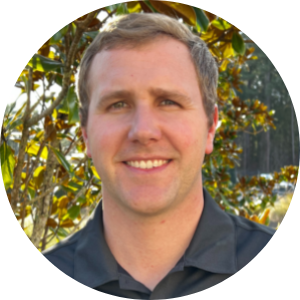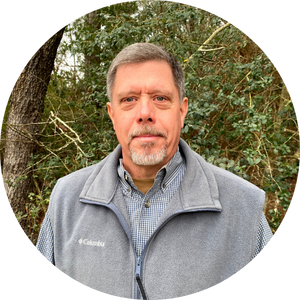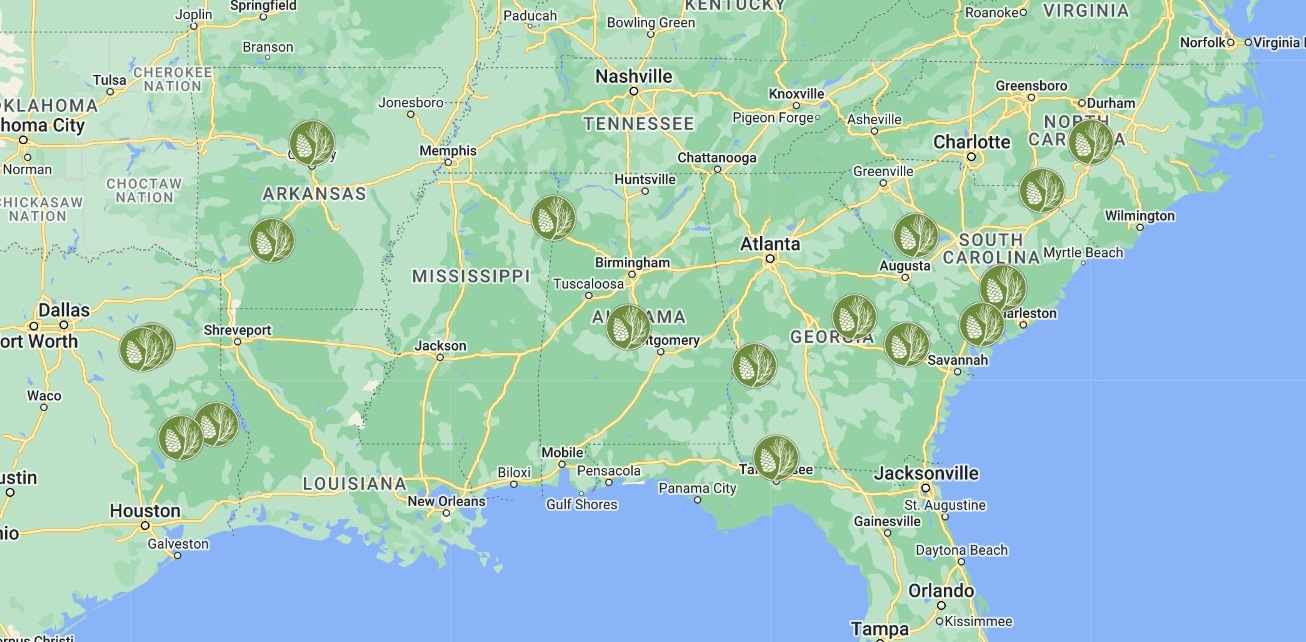ArborGen produces enough seedlings for reforestation each year on a wide array of sites to cover approximately 600,000 acres, primarily in the Southeastern United States. Most of these sites are classified as cutovers, where all timber has been harvested to make way for a new stand. Quite often, however, former agricultural crop fields and livestock pastures are converted to forestland, a process known as afforestation, which refers to the establishment of a forest, or stand of trees, in an area without forest. In fact, emerging carbon market have given landowners even more incentive to plant tree seedlings on land previously not forested.
Converting former agricultural lands into forestry plantations is not without its challenges. Years of farm equipment and animal traffic can lead to soil compaction, creating a plow pan or hardpan. This condition hampers root system development and nutrition for new seedlings. Despite the best efforts of landowners to plant former crop fields, they often face disappointment in tree growth later due to the seedlings’ inability to thrive in their new environment. This is evidenced by symptoms such as thinning crowns and poor foliage color.
One crucial step before planting is breaking up the ground to shatter the compacted soil. This is a recommended practice for all formerly cultivated or pastured sites. The process involves improving plant development and vigor, allowing new seedling roots to access water and nutrients. It also plays a role in preventing surface water runoff, thereby enhancing soil moisture in the new forest plantation. This step is vital in successfully establishing forestry plantations on former agricultural sites.

ArborGen OP seedlings being hand planted on a rocky ripped site in Oklahoma.

ArborGen MCP® seedlings being machine planted in Arkansas.
If former agricultural sites are to be machine planted, the mechanical planter is usually equipped with a “shank” that can be adjusted to a depth that will rip or shatter the plow pan. The seedling is placed right behind the ripper in a soil medium where the compaction has been alleviated for better root growth potential. If hand planting is the only option, subsoiling in the desired transect across the field with a farm tractor before planting is essential. The hand-planting crew can easily follow the ripped line and place the seedlings at the desired stocking level. Either method of planting following subsoiling ensures the newly planted seedling will attain adequate root growth potential.
Finally, an equally important and easy task to complete before establishing forestry plantations on former agriculture sites is to perform a soil pH test. It is not uncommon for former agriculture sites to have a higher than desired soil pH for most forest trees. Former pasturelands are often limed, raising the soil pH to higher than desired levels for southern yellow pine. University county extension agencies provide directions on conducting soil testing and can analyze results with minimal costs. Always consult herbicide specialists before treating sites with chemicals before and after plantation establishment.













